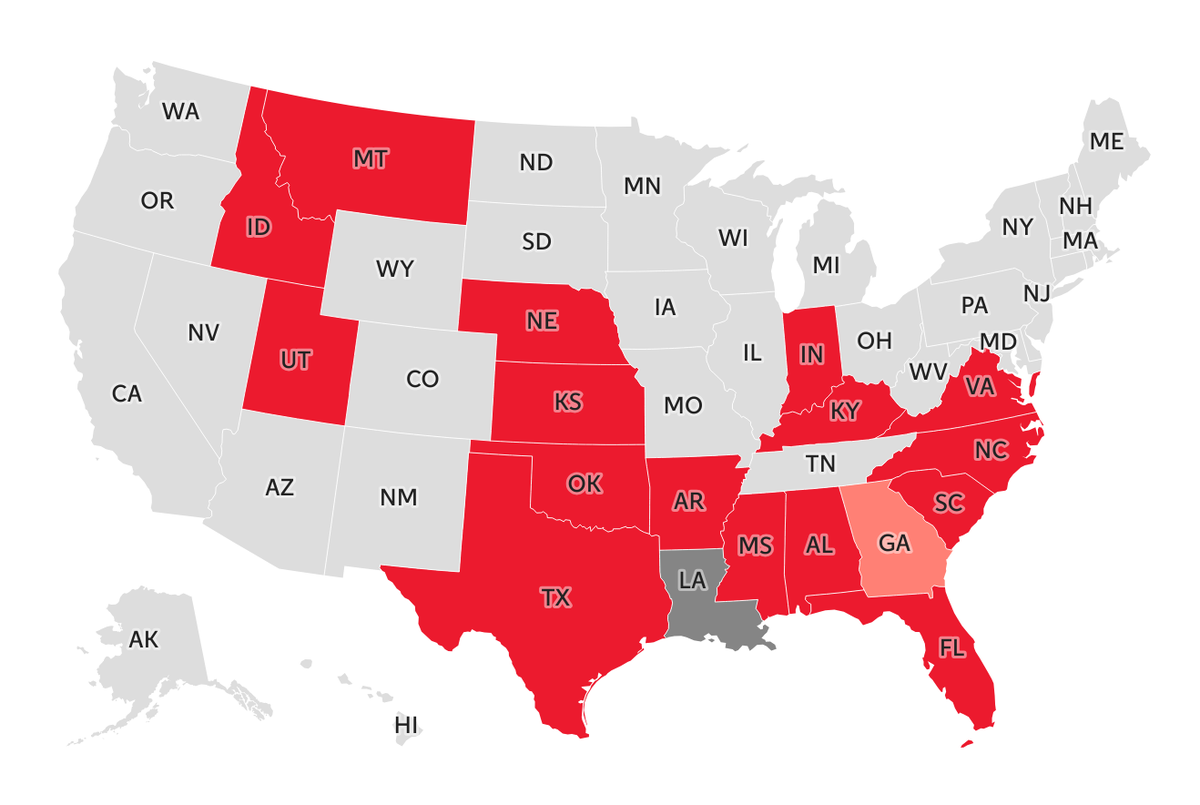Seventeen US states have enacted laws requiring age verification for accessing adult content websites, impacting millions of users and sparking controversy. These restrictions, effective from January 1, 2025, mandate users provide approved identification to view sites like Pornhub. Critics argue the measures pose a risk to user privacy and potentially jeopardize personal data.
Florida and South Carolina were among the first to implement these regulations, paving the way for further restrictions. Georgia is projected to join the group in July, bringing the total number of states with such laws to 18. The combined population of these states exceeds 120 million. These measures typically require users to provide state-approved identification such as passports or driver's licenses.
Pornhub, RedTube, and YouPorn parent company Aylo have responded by withdrawing their sites from the affected states, citing concerns over data security and effectiveness of the regulations. A spokesperson from Aylo stated, "While we support age verification, the current implementation is ineffective, potentially putting user safety at risk by requiring the collection of sensitive personal information from hundreds of thousands of adult content sites." This raises concerns about the practical implications and potential for abuse of user data.
The stringent measures have fuelled a surge in the use of virtual private networks (VPNs), as users seek to circumvent geographic blocks. Post-Texas's implementation last year, searches for "Texas VPN" increased by 1,700%.
Further restrictions on adult content are anticipated. The conservative think tank, the Heritage Foundation, has proposed measures in their "Project 2025" plan that include criminalizing pornography and classifying those associated with it as sex offenders. They argue that pornography lacks First Amendment protections and has negative psychological impacts.







